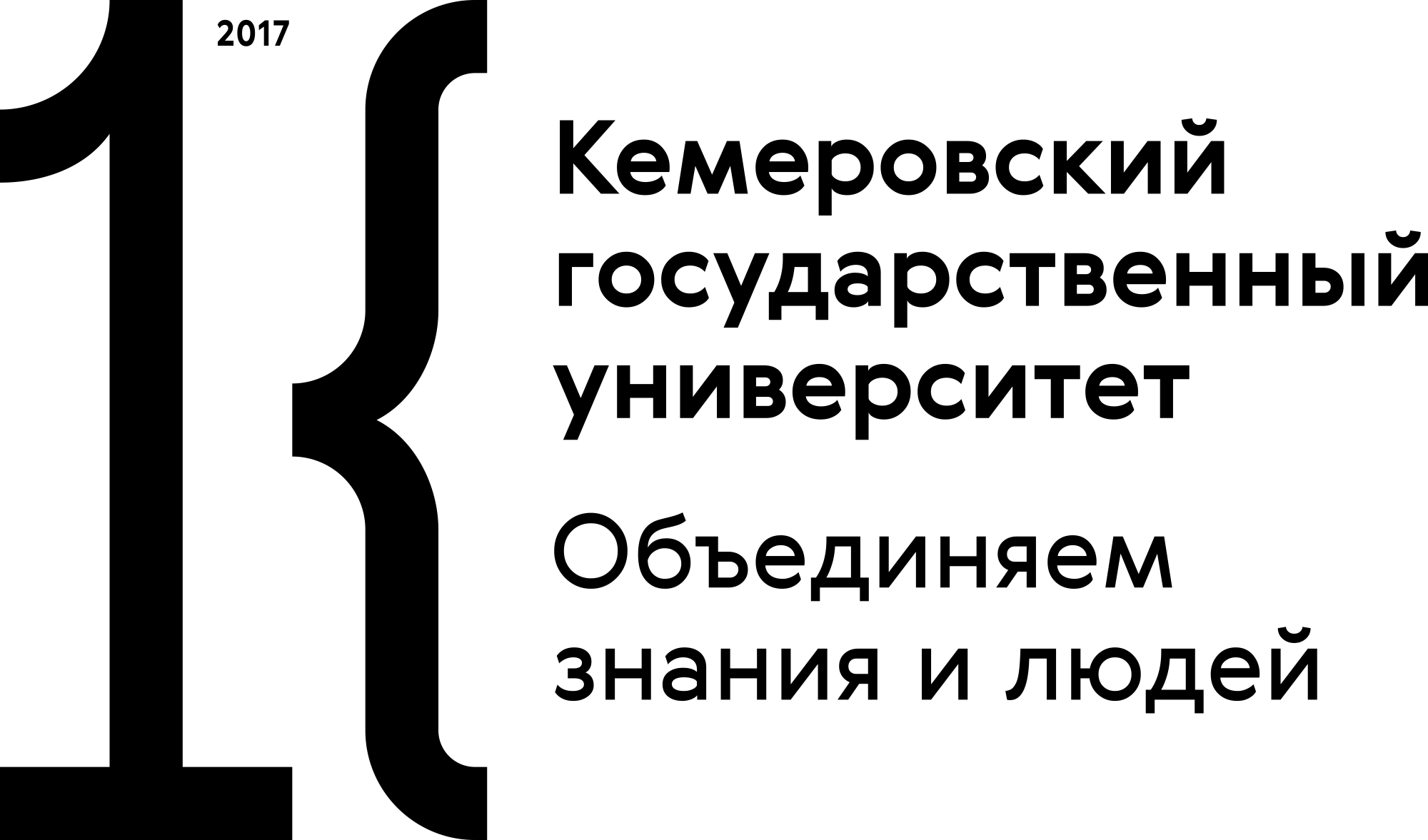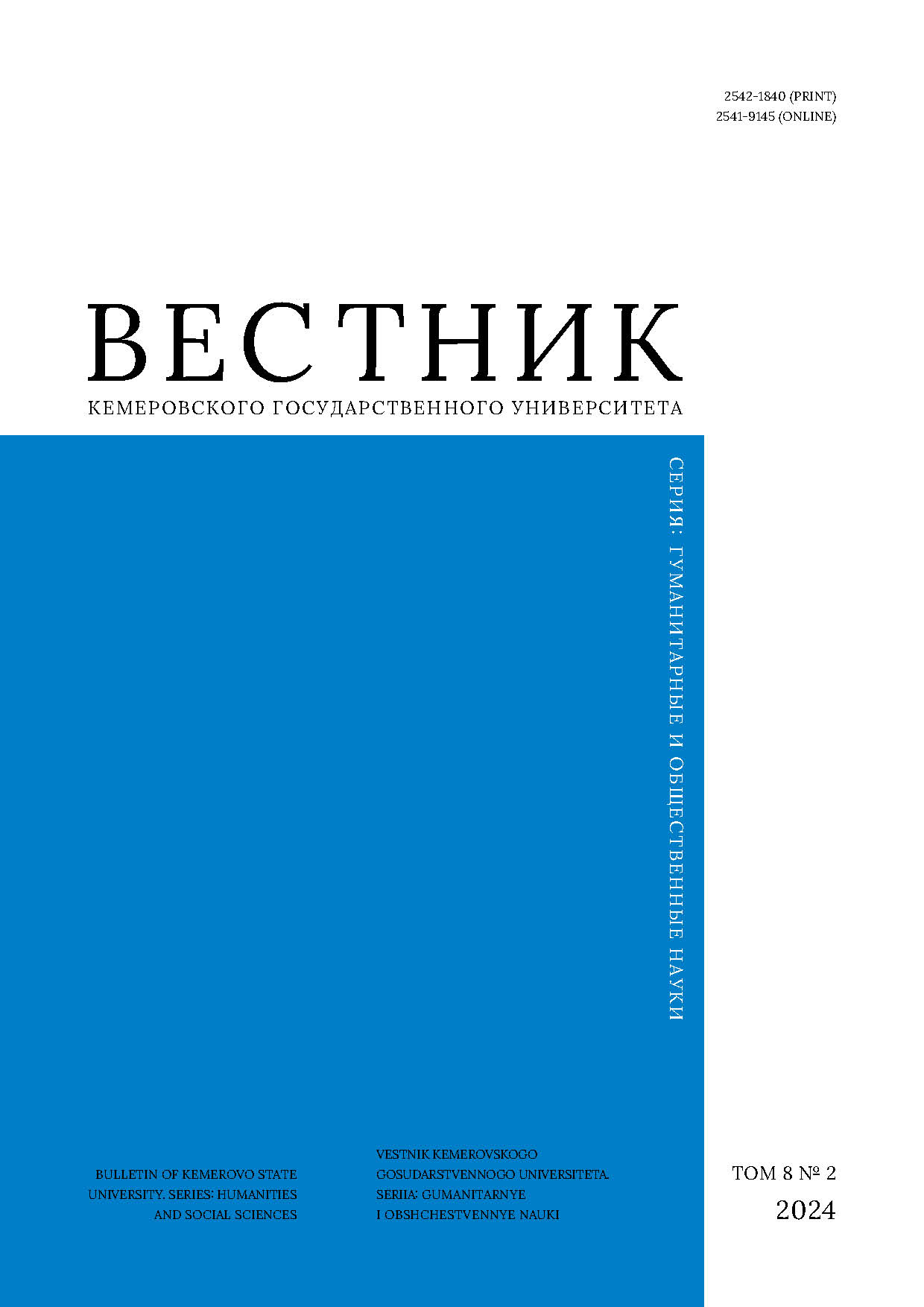Surgut, Russian Federation
The constitutional reform of 2020 made it relevant to develop a doctrinal and legal description of public power. The existing interpretations of its legal nature are often different, even mutually exclusive. This situation makes it necessary to expand the methodological foundations behind the theoretical model of public power. The author identified public power based on the differences in philosophy, management theory, political science, and sociology, on the one hand, and constitutional studies, on the other. The hypothesis of the cyclical development of constitutional law, both as a branch of law and as a science, made it possible to reconstruct the ideas of public power in the Russian doctrine of constitutional law at the turn of the XIX–XX centuries. These ideas proved systematic and logically complete because they interpreted public power as a special subjective right implemented by the community. The concepts of public power in the national constitutional studies demonstrated continuity, especially against V. E. Chirkin’s collectivist theory of public power. However, the importance of public understanding of the legal nature of public power remains underestimated. This flaw is also typical of the latest theoretical models of public power, which were affected by the constitutional reform of 2020, as demonstrated by some recent federal laws.
public power, forms of public power, organization of public power, community, democracy, public representation
1. Meshcheryakov A. N., Bezrukov A. V. Creation of the concept of a unified system of public power in the national constitutional law. Vestnik of the Siberian law institute of the MIA of Russia, 2020, (4): 124–130. (In Russ.) https://doi.org/10.51980/2542-1735_2020_4_124
2. Bezrukov A. V. The legal nature of public government in Russia: A view of a constitutional scholar. Constitutional and municipal law, 2023, (11): 7–11. (In Russ.) https://doi.org/10.18572/1812-3767-2023-11-7-11
3. Andrichenko L. V. Evolution of the principles of federalism in Russia in view of the 2020 constitutional reforms. Journal of Russian Law, 2022, 26(3): 48–59. (In Russ.) https://doi.org/10.12737/jrl.2022.028
4. Avakian S. A., Avdeev D. A., Gladun E. F., Gordeeva I. V., Kireev V. V., Kozhevnikov O. A., Kokotov A. N., Razdyakonova E. V., Salenko A. V., Teplyakov D. O., Filippova N. A., Chebotarev G. N., Yun L. V. Citizen and Power. Tyumen: TSU, 2023, 172. (In Russ.) https://elibrary.ru/umgbni
5. Savenkov A. N., Chirkin V. E. Constitutional foundations of social and territorial cohesion and the differentiation of public power. The new reading and 25 years of experience with the implementation of certain provisions of the Constitution of the Russian Federation, 1993. State and law, 2018, (12): 18–29. (In Russ.) https://doi.org/10.31857/S013207690002197-8
6. Chirkin V. E. A legal entity of public law. Moscow: Norma, 2022, 352. (In Russ.)
7. Zelentcov A. B., Yastrebov O. A. The concept of public administration in modern administrative law (comparative legal research). Vestnik of Saint Petersburg University. Law, 2019, 10(4): 626–654. (In Russ.) https://doi.org/10.21638/spbu14.2019.402
8. Starilov Yu. N. Public administration in the united public authority system: The terminological results of constitutional reform. Proceedings of Bulletin of the Voronezh State University. Law, 2020, (1): 20–31. (In Russ.) https://doi.org/10.17308/vsu.proc.law.2020.1/2744
9. Uporov I. V., Sheudzhen N. A., Shvets A. A. Public power as a social institute and a sign of the state: Social-legal nature and genesis in the dynamics of conceptual approaches. The law and practice, 2021, (1): 24–30. (In Russ.) https://doi.org/10.24412/2411-2275-2021-1-24-30
10. Russell B. Power: A new social analysis. L-NY: Routledge, 2004, 288.
11. George J. M., Jones G. R. Organizational behavior. Moscow: IuNITY, 2003, 464. (In Russ.)
12. Dahl R. A. Democracy and its critics. New Haven: Yale University Press, 2008, 397.
13. Easton D. An approach to the analysis of political system. Moscow University Bulletin. Series 12. Political science, 2015, (5): 17–37. (In Russ.) https://www.elibrary.ru/wdhfmf
14. Bell D. The coming of post-industrial society: A venture in social forecasting. NY: Basic books, 1973, 507.
15. Weber M. Wirtschaft und Gesellschaft: Grundriss d. verstehenden Soziologie. Tübingen: Mohr, 1980, 945.
16. Parsons T. On the concept of "political power". Political science: Textbook, ed. Vasilik M. A. Moscow: Gardariki, 2000, 239–247. (In Russ.)
17. Arendt H. The human situation. Sections 24–26, Chapter V. Voprosy Filosofii, 1998, (11): 131–141. (In Russ.)
18. Durkheim E. Sociology. Its subject, method, purpose. 4nd ed. Moscow: Iurayt, 2019, 308. (In Russ.)
19. Sorokin P. A. Social mobility. Moscow: Academia: LVS, 2005, 588. (In Russ.)
20. Jellinek G. General doctrine of state. 2nd ed. St. Petersburg: N. G. Martynov,1908, 599. (In Russ.)
21. Filippova N. A. Public representation of interests as a Republican principle: G. Ellinek's theory of citizenship participation in implementation of state power. Research yearbook. The Institute of philosophy and law. The Urals division of the Russian Academy of Sciences, 2009, (9): 481–500. (In Russ.) https://www.elibrary.ru/mtweed
22. Kokoshkin F. F. Lectures on general state law. Moscow: Zertsalo, 2004, 260. (In Russ.) https://www.elibrary.ru/qwdwmt
23. Duguit L. Constitutional law. General theory of the state. Moscow: I. D. Sytin, 1908, 957. (In Russ.)
24. Reisner M. A. The main features of the representation. A constitutional state, eds. Gessen I. V., Kamenka A. M. St. Petersburg: Obshchestv. polza, 1905, 121–178. (In Russ.)
25. Chirkin V. E. Public power. Moscow: Iurist, 2005, 175. (In Russ.) https://www.elibrary.ru/qwdtoz
26. Chirkin V. E. The modern concept of public power. Rossiiskoe gosudarstvovedenie, 2015, (2): 16–19. (In Russ.) https://www.elibrary.ru/vedqol
27. Chirkin V. E. Varieties of public power and its social and legal sources. State and law, 2017, (5): 11–20. (In Russ.) https://elibrary.ru/yrnnah
28. Chikhladze L. T., Larichev A. A. Local government in Russia at a crossroad: The dynamics of constitutional doctrine and legal regulation. Vestnik of Saint Petersburg University. Law, 2020, 11(2): 273–292. (In Russ.) https://doi.org/10.21638/spbu14.2020.202
29. Chirkin V. E. Constitution and contemporary models of the public power: Ideas and reality. State and law, 2011, (6): 5–12. (In Russ.) https://elibrary.ru/nwebmh
30. Chirkin V. E. Varieties of public power and its social and legal sources. State and law, 2017, (5): 11–20. (In Russ.) https://www.elibrary.ru/yrnnah
31. Avdeev D. A., Nikolaev A. S., Salenko A. V., Suhorukov A. S., Tretyak I. A. Organizing the public power in Russia. Tyumen: TSU-Press, 2023, 242. (In Russ.) https://elibrary.ru/otryow
32. Avakyan S. A. The structure of public power in Russia: Problems of formation and development. Vestnik of the Siberian law institute of the MIA of Russia, 2018, (4): 7–13. (In Russ.) https://doi.org/10.51980/2542-1735_2018_4_7
33. Baranov P. P. Public authority and its constitutional legitimacy in modern Russia: Doctrine and practice. Court’s Administrator, 2017, (4): 3–8. (In Russ.) https://elibrary.ru/zthmdn
34. Malko A. V., Lipinsky D. A., Markunin R. S. The role of legal responsibility in the implementation of the principle of the unity of public authority in Russian. Pravoprimenenie, 2021, 5(4): 43–54. (In Russ.) https://doi.org/10.52468/2542-1514.2021.5(4).43-54
35. Kovtun O. A., Tereshchenko N. D., Shapiro I. V. On the issue of the status of public authorities of the federal territory "Sirius". Humanities, social-economic and social sciences, 2021, (11-2): 66–69. (In Russ.) https://doi.org/10.23672/n1449-8573-1312-k
36. Borodach M. V. Public power, public interests, and public property: Civilizational and legal aspects of conjugation. Civilization of law and the development of Russia: Issues of theory and practice: Proc. XIII All-Russian Sci.-Prac. Conf., Tyumen, 14 Apr 2017. Tyumen: Vektor Buk, 2017, (13): 25–29. (In Russ.)


















